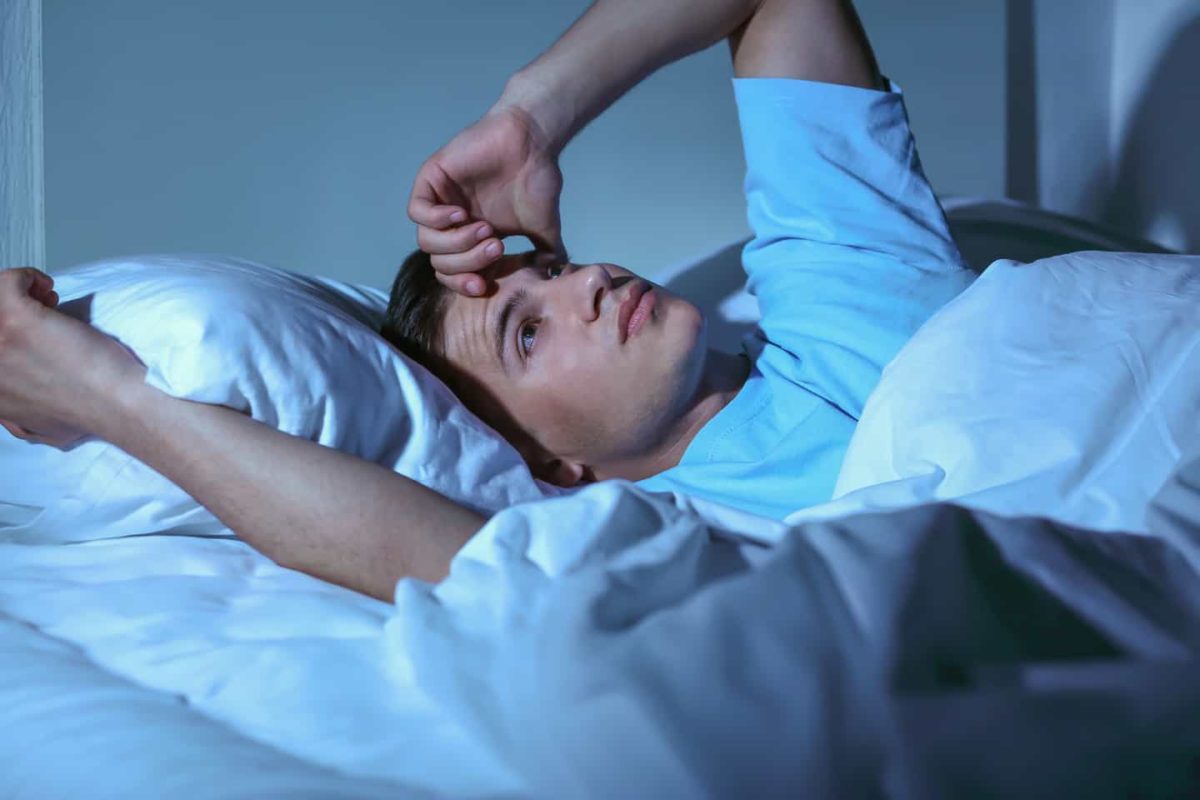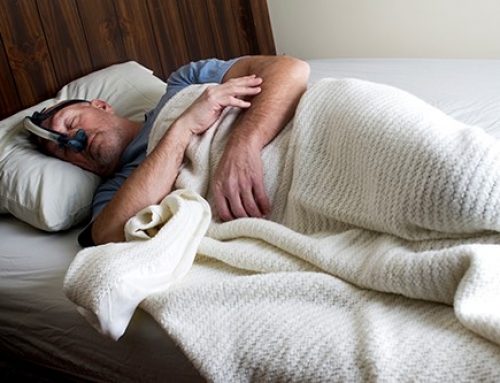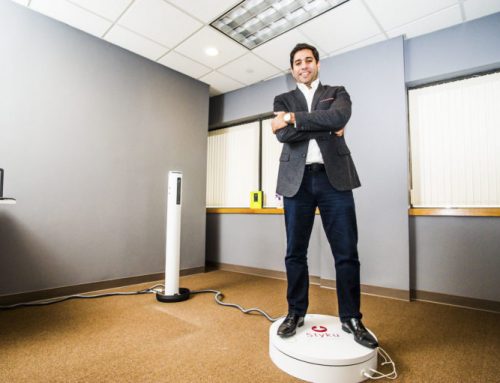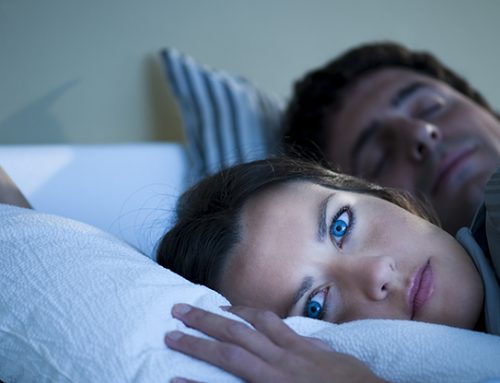A good night’s sleep plays a vital role in supporting both the mind and body.
Sufficient rest enables the body to repair itself, whether you’re an active person whose muscles need to recover, or your body simply needs to take the time for core functions to rest.
Sleep is also proven to help enhance brain functionality, such as problem solving and memory.
So, suffering from a sleep disorder can not only leave you frustrated and tired, but in the long-term, it can have a negative impact on your overall health and well-being.
How do you know if you have a sleep disorder?
A sleep disorder is the difference between occasionally struggling to sleep, which is common, to regularly having trouble falling asleep or suffering from disrupted sleep, which is not common.
Sleep disorders can be caused by a range of factors, including stress, illness and travel.
There are several signs which can indicate a sleep disorder, including:
– Feeling grumpy or irritable during the day
– Having trouble controlling emotions
– Requiring caffeine to stay alert and awake regularly
– Needing to take naps almost daily
– Being told you look tired
– Having trouble staying awake and alert while driving
– Having difficulty concentrating
– Reacting slowly
– Falling asleep while sitting down, reading a book or watching television
Types of sleep disorder
- Insomnia
The inability to fall asleep or get a good quality of sleep can be caused by a range of factors, including illness, medications or caffeine. Psychological factors, such as stress, anxiety and depression may also be a cause. Changes to your daytime and nighttime routines may help improve the amount and quality of sleep you get.
Sleep apnoea: A common disorder, sleep apnoea is when you temporarily stop breathing during the night. This causes your body to frequently wake you, although you may not remember this in the morning. However, it can cause sufferers to feel irritable, exhausted and depressed as a result, and productivity could drop. Sleep apnoea is a potentially fatal condition, so if you suspect you or your partner may be suffering from it, seek a doctor’s advice straight away, as it is treatable.
- Restless legs syndrome (RLS)
RLS is the irresistible urge to move your legs or arms during the night, usually caused by tingling sensations, discomfort or aching.
Narcolepsy: This is a condition which involves excessive, uncontrollable daytime sleepiness, often resulting in falling asleep during activities such as talking, working or driving. While there is no cure, treatment is available to control the symptoms.
- Shift work sleep disorder
This is a condition often experienced by shift workers, which knocks the biological clock out of sync. There are several ways of controlling this, such as restricting and increasing light exposure at appropriate times (for example bright lights at work during night shifts and blackout blinds to sleep during the day), taking regular breaks at work and reducing the number of shift time changes where possible.
What should I do if I think I have a sleep disorder?
If you think you may be suffering from a sleeping disorder, begin to keep track of your sleep patterns in a diary. This can help to identify trends.
Note what time you go to bed, how long it takes you to get to sleep, how many times you wake up in the night and your general quality of sleep, any activities when you wake up (e.g. go to the toilet, get a glass of water, read), how you feel the following day, feelings before bed (such as anxiety, sadness etc), medications taken, and any food and drink consumed before bed.
A series of self-help practices may also support your sleep, such as relaxing before bed with a bath, soothing music or reading, limiting screen time before bed, reducing caffeine and alcohol intake, avoiding heavy meals late at night, getting regular exercise or meditating.
If you continue to suffer from sleeping problems, feel persistently tired during the day, fall asleep at inappropriate or dangerous times, or find yourself gasping or choking during the night, it is best to consult our sleep clinic.




